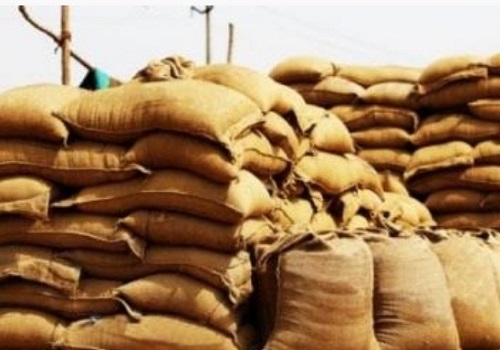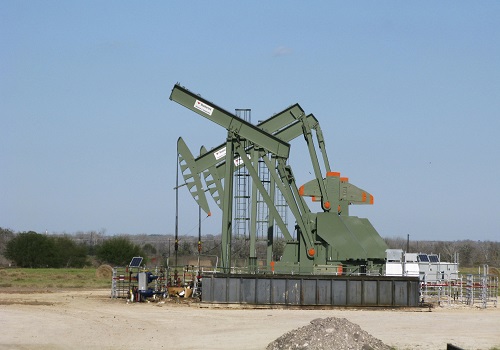Oil drops as price cap proposal eases supply concerns

Follow us Now on Telegram ! Get daily 10 - 12 important updates on Business, Finance and Investment. Join our Telegram Channel
Oil prices fell on Thursday, hovering around two-month lows as the level of a proposed G7 cap on the price of Russian oil raised doubts about how much it would limit supply.
A bigger than expected build in U.S. gasoline inventories and widening COVID-19 controls in China also added downward pressure on crude prices.
Brent crude futures dipped 52 cents, or 0.6%, to $84.89 a barrel by 1219 GMT, while U.S. West Texas Intermediate (WTI) crude futures fell 15 cents, or 0.2%, to $77.79.
Both benchmarks plunged more than 3% on Wednesday on news the planned price cap on Russian oil could be above the current market level.
The G7 group of nations is looking at a cap on Russian seaborne oil at $65-$70 a barrel, a European official said, though European Union governments have yet to agree on a price.
A higher price cap could make it attractive for Russia to continue to sell its oil, reducing the risk of a supply shortage in global oil markets.
The Kremlin on Thursday said Russia does not plan to supply oil and gas to countries that support the cap but it will make a final decision once it analyses the figures.
"When one considers that the current Russian export price is below the proposed limit, the price cap automatically implies uninterrupted Russian exports," said PVM Oil analyst Tamas Varga.
Some Indian and Chinese refiners are paying prices below the proposed cap for Urals crude, traders said. Urals is Russia's main export crude.
EU governments will resume talks on the price cap on Thursday or Friday, EU diplomats said.
Oil prices also came under pressure after the Energy Information Administration (EIA) said on Wednesday that U.S. gasoline and distillate inventories rose substantially last week. [EIA/S]
But crude inventories fell by 3.7 million barrels to 431.7 million barrels in the week to Nov. 18, compared with expectations for a 1.1 million barrel drop in a Reuters poll of analysts.
China on Wednesday reported the highest number of daily COVID-19 cases since the start of the pandemic nearly three years ago. Local authorities tightened controls to stamp out the outbreaks, adding to investor concern over the economy and fuel demand.
Meanwhile, Chevron Corp could soon win U.S. approval to expand operations in Venezuela and resume trading its oil once the Venezuelan government and its opposition resume political talks, four people familiar with the matter said on Wednesday.
Venezuelan parties and U.S. officials are pushing to hold talks in Mexico City this weekend, the sources said. It would be the first such talks since October 2021 and could pave the way for easing U.S. oil sanctions on OPEC member Venezuela.












 320-x-100_uti_gold.jpg" alt="Advertisement">
320-x-100_uti_gold.jpg" alt="Advertisement">












